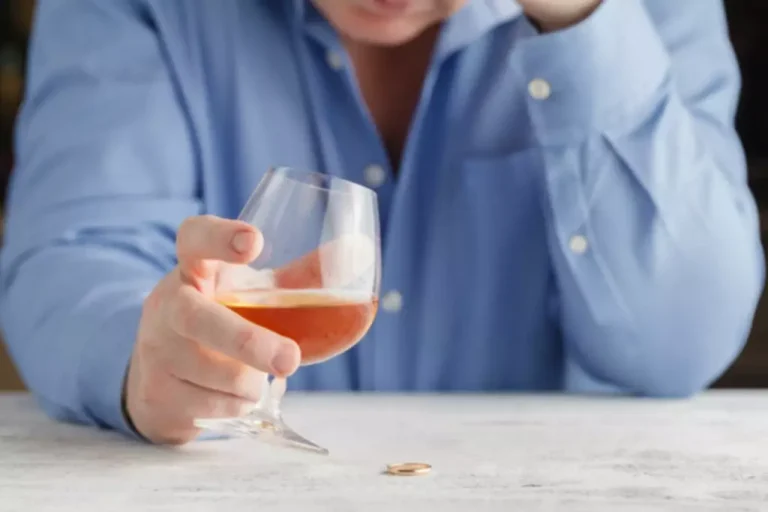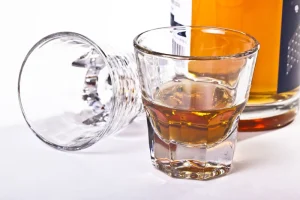
It may help to get an independent perspective from someone you trust and who knows you well. You can start by discussing your substance use with your primary care provider. Or ask for a referral to a specialist in drug addiction, such as a licensed alcohol and drug counselor, or https://ecosoberhouse.com/ a psychiatrist or psychologist. The goal of detoxification, also called «detox» or withdrawal therapy, is to enable you to stop taking the addicting drug as quickly and safely as possible. For some people, it may be safe to undergo withdrawal therapy on an outpatient basis.
- But some research now shows that cutting back on heavy drinking, or what’s known as harm reduction treatment, can be useful.
- The immediate physical effects of drinking alcohol range from mild mood changes to loss of coordination, balance, and speech.
- One advantage of mutual support groups is that there is likely someone to call on in such an emergency who has experienced a relapse and knows exactly how to help.
- If you’re concerned that someone you know may be struggling with alcoholism and don’t know where to turn, Nexus is here to help.
Can addiction be cured?
And other support groups, such as SMART (Self-Management and Recovery Training)] and medical models of treatment for alcohol use disorder, as well as the development of new pharmacological and behavioral treatment options. Numerous other medications have been used off label in the treatment of alcohol use disorder, and many of these have been shown to be modestly effective in meta-analyses and systematic reviews (23, 24, 26, 35). Systematic studies of these medications suggest promising findings for topiramate, ondansetron, gabapentin, and varenicline. The anticonvulsant drug topiramate represents one of the most promising medications in terms of efficacy, based on its medium effect size from several clinical trials [for a review, see (45)], including a multisite clinical study (46).
Will I Relapse After Treatment?
Studies show that craving for alcohol peaks at 60 days of abstinence. As a person continues to use drugs, the brain adapts by reducing the ability of cells in the reward circuit to respond to it. This reduces the high that the person feels compared to the high they felt when first taking the drug—an effect known as tolerance. They might take more of the drug to try and achieve the same high. These brain adaptations often lead to the person becoming less and less able to derive pleasure from other things they once enjoyed, like food, sex, or social activities. Addiction Resource aims to provide only the most current, accurate information in regards to addiction and addiction treatment, which means we only reference the most credible sources available.

Treatment for chemical dependency
Nevertheless, experts see relapse as an opportunity to learn from the experience about personal vulnerabilities and triggers, to develop a detailed relapse prevention plan, and to step up treatment and support activities. According to the National Institute on Drug Abuse, an estimated 40 to 60 percent of people trying to quit use of drugs, and 50 to 90 percent of those trying to quit alcohol, experience at least one slip up in their first four years of recovery. Return to use is most common during the first 90 days of recovery. Relapse carries an increased risk of overdose if a person uses as much of the drug as they did before quitting.

- This is known as self-medication and can easily lead to addiction.
- If a chemically dependent individual is “in denial” about their alcoholism and addictions they cannot become engaged in a recovery process.
- The short answer to the question of whether alcoholism is a disease and if it can be cured is that while it is most certainly a disease, there is no known cure for it.
- The tendency for individuals to have a good treatment response when assigned to placebo medication reflects both the high probability of recovery without treatment and the heterogeneity in the disorder itself.
This is known as self-medication and can easily lead to addiction. However, treating the psychiatric illness does not cure the addiction. Conversely, treating the addiction will not cure the psychiatric illness. There are two distinct primary illnesses and can alcoholism be cured each requires specific concurrent treatment. The Twelve Steps of Dual Recovery Anonymous and the support of Dual Recovery Anonymous meetings offer believable hope and practical ongoing peer support to those seeking help and healing with dual disorders.
Are you getting health care you don’t need?
Alcohol Chemical Dependency How It’s Treated

- Public laws determine what kind of drug use is legal or illegal.
- Let your loved ones know that if they see any of these symptoms, they should call 911 or get you to a hospital right away.
- The important feature is that the interest avert boredom and provide rewards that outweigh the desire to return to substance use.
- • Meaning and purpose—finding and developing a new sense of purpose, which can come from many sources.

